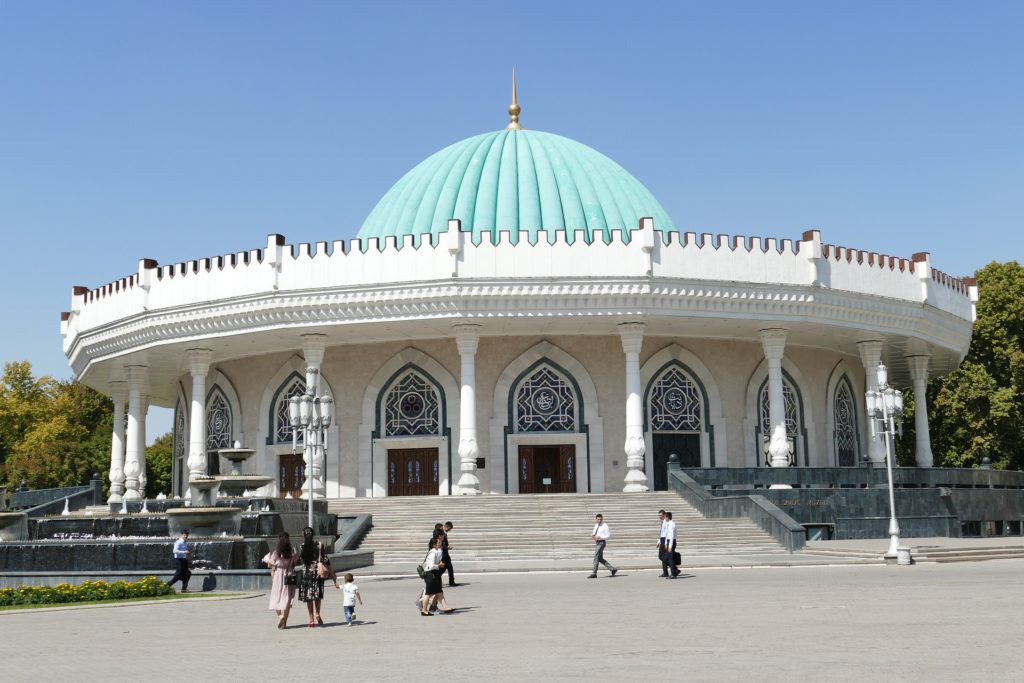TASHKENT
Uzbekistan named its top ten most profitable and most loss-making state companies, the State Asset Management Agency (UzSAMA) said in a report.
The country’s second-largest gold and copper producer, Almalyk Mining and Metallurgical plant, leads the list of the most profitable companies with a net profit of $375.6 million in 2020.
It is followed by the state-owned oil and gas company Uzbekneftegaz, which reported a net profit of $326.8 million last year and the Fergana Azot chemical plant with a $27.8 million profit.
Uzbekistan’s joint venture of the Coca-Cola company as well as Metallurgical combinate, the Regional Gas Supplies company, Coscom mobile company, Uzbek car maker Uzavtosanoat are also among the top ten profitable companies.
The list of the state companies that suffered the biggest losses last year is led by Uztransgaz company with a $340 million loss. The Central Asian nation’s air carrier Uzbekistan airways is at the second place with a $71.9 million loss. The list includes the country’s well-known football club Pakhtakor.
UzSAMA said that the report was based on an analysis of the financial statements of the 1,903 companies with the state shares.
The government fully or partially owns more than 2,500 companies, and 675 of them are under liquidation process, the agency said.
The Central Asian country is making efforts to improve its business and investment climate after more than two decades of economic isolation. The closed, autarkic system viewed most foreign investments as a threat. That ended when Islam Karimov, who had led Uzbekistan since before the Soviet breakup, died in 2016.
President Shavkat Mirziyoyev, who was once a prime minister under Karimov and then succeeded him, has made attracting foreign investors one of his top priorities in an increasingly ambitious plan to open Uzbekistan to the outside world.
Mirziyoyev issued a decree in October 2020 ordering the full or partial privatisation of over 620 state-owned companies and properties.
The list includes state companies in the energy, mining, chemical sectors, as well as Uzbekistan Airways.
In April and March, the country put several major state-owned real estate assets up for sale, offering them to domestic and foreign investors.
As well as offering state assets for sale, Uzbekistan has also sought to improve its investment climate and restore foreign investors’ trust by setting up a special legal panel for investment and competition issues.
The country’s reform drive has not gone unnoticed. The World Bank has rapidly scaled up to support Uzbekistan, with 21 projects totalling around $3.5 billion – the second largest World Bank programme in the Europe and Central Asia region. The European Bank for Reconstruction and Development (EBRD) re-engaged with Uzbekistan in September 2018 after a long hiatus, raising its portfolio to 1.8 billion euros.
In June of 2019, the Asian Development Bank approved a new country partnership strategy aligned with Uzbekistan’s national development strategy and allocated a cumulative $4.83 billion for loan disbursement.
Foreign Direct Investment (FDI) in Uzbekistan quadrupled to $2.4 billion in 2020 from just over $600 million in 1998.
The country has also advanced in the World Bank’s “ease of doing business” rankings. It jumped to No.69 from No.87 previously. In the Economic Freedom ranking by the Heritage Foundation, Uzbekistan scored 57.2 points, up from 46 and elevated from “mostly unfree” to the “moderately free” category.

